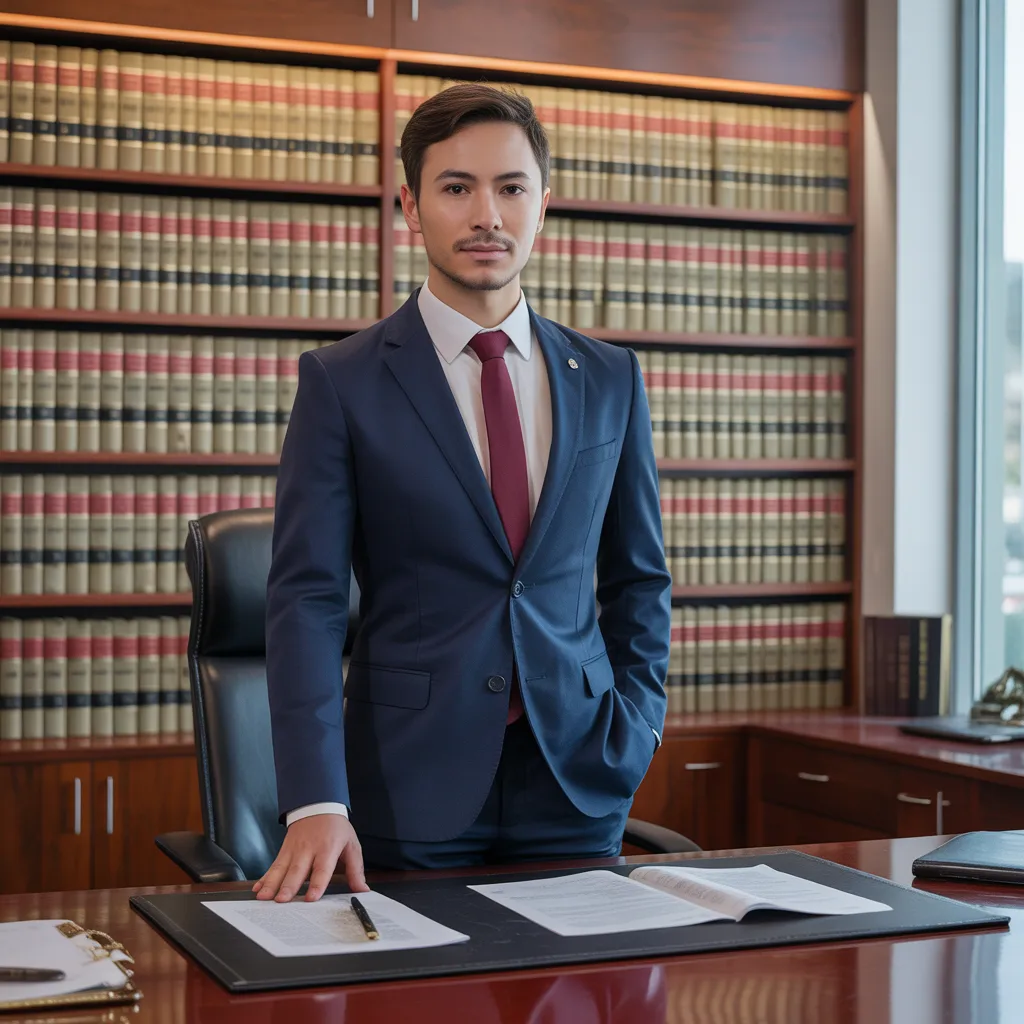Navigating the intricate world of patent law can feel like wandering through a maze. With inventions and ideas at stake, having the right legal guidance is crucial. This is where a Lawyer Patent Attorney steps in, blending legal expertise with specialized knowledge to protect your intellectual property. Whether you’re an inventor looking to safeguard your groundbreaking idea or a business seeking to navigate patent regulations, understanding the role of a Lawyer Patent Attorney is vital. Let’s delve into what these professionals do and how they differ from other legal practitioners in this fascinating field.
The Role of a Lawyer Patent Attorney
A Lawyer Patent Attorney serves a vital role in the realm of intellectual property. They guide inventors and businesses through the complex patent application process. This includes conducting thorough prior art searches to determine if an invention is novel.
These professionals draft comprehensive patent applications that clearly describe and claim inventions. Their legal expertise ensures that all technical details are accurately conveyed, maximizing protection.
Beyond filing applications, they represent clients in front of the United States Patent and Trademark Office (USPTO). They handle any rejections or objections from examiners effectively.
Lawyer Patent Attorneys also provide strategic advice on how to leverage patents for commercial advantage. This guidance can make a significant difference in a competitive market, offering their clients critical insights into protecting their innovations.
The Differences between a Lawyer and Patent Attorney
While both lawyers and patent attorneys operate within the realm of law, their expertise diverges significantly. A lawyer covers a broad spectrum of legal issues, including criminal defense, family law, and corporate matters. Their training focuses on general legal principles and practices.
On the other hand, a patent attorney specializes in intellectual property rights. They are equipped to handle patents specifically. This includes filing applications with the United States Patent and Trademark Office (USPTO) and navigating complex patent laws.
Patent attorneys must possess technical knowledge in fields such as engineering or biotechnology. This unique background enables them to understand inventions at a deeper level than general lawyers typically do.
Furthermore, while all patent attorneys are licensed lawyers, not every lawyer can serve as a patent attorney without passing additional exams specific to intellectual property law.
Education and Qualifications for a Lawyer Patent Attorney
To become a lawyer patent attorney, specific educational pathways are necessary. A bachelor’s degree in a scientific or technical field is often essential. This foundation helps attorneys understand complex inventions and innovations.
Following the undergraduate studies, aspiring lawyers must attend law school to earn their Juris Doctor (JD) degree. Here, they learn about various aspects of law, including intellectual property rights.
After obtaining a JD, candidates need to pass the bar exam in their respective states. This step grants them the authority to practice law officially.
In addition to these qualifications, passing the United States Patent and Trademark Office (USPTO) registration exam is crucial. This allows them to represent clients before this federal agency effectively.
Continuous education also plays a role in staying updated on changes within patent laws and regulations. Engaging in workshops and seminars further enhances their expertise.
Key Skills and Responsibilities of a Lawyer Patent Attorney
A Lawyer Patent Attorney must possess a unique blend of skills that set them apart. Strong analytical abilities are crucial for evaluating and interpreting complex inventions and technologies.
They excel in drafting patent applications, ensuring they meet legal standards while protecting their clients’ innovations. Attention to detail is essential, as even minor errors can jeopardize a patent’s validity.
Communication skills can’t be overlooked. A good attorney articulates technical concepts clearly to both clients and patent examiners alike. This clarity fosters understanding throughout the application process.
Negotiation skills play a significant role too. Whether negotiating licensing agreements or litigating disputes, an effective Lawyer Patent Attorney advocates fiercely for their client’s interests.
Staying updated on evolving laws and technologies ensures they provide informed advice, keeping their practice relevant in an ever-changing landscape.
Importance of Hiring a Lawyer Patent Attorney
Navigating the complexities of patent law can be daunting. A Lawyer Patent Attorney serves as your guide through this intricate landscape, ensuring that every detail is meticulously addressed.
Their expertise is invaluable in drafting and filing patent applications. They understand the nuances that can make or break a case. This knowledge helps protect your intellectual property effectively.
Additionally, they provide crucial advice on maintaining patents over time. Understanding renewal processes and potential infringements is essential for safeguarding your inventions.
Moreover, hiring a specialized attorney can save you from costly legal pitfalls later on. Their experience equips them to anticipate challenges before they arise.
Investing in a Lawyer Patent Attorney means prioritizing innovation while minimizing risks associated with intellectual property disputes. Having such an expert by your side instills confidence throughout the entire process.
Conclusion
Navigating the world of patents can be complex and challenging. Understanding the distinctions between a Lawyer Patent Attorney and other legal professionals is crucial for inventors, businesses, and entrepreneurs looking to protect their intellectual property.
A Lawyer Patent Attorney brings specialized knowledge and skills essential for drafting patent applications, conducting thorough research, and representing clients in litigation or negotiations. Their dual expertise in law and technical fields allows them to effectively bridge gaps that may arise during the patent process.
When selecting a professional for your patent needs, consider their education background, qualifications, and experience. These factors significantly influence how well they can advocate on your behalf.
Hiring a skilled Lawyer Patent Attorney not only enhances your chances of securing valuable patent rights but also ensures you have expert guidance throughout each step of the process. This support can prove invaluable as you work to safeguard your innovations against infringement.
Investing time in finding the right attorney will pay off in protecting what you’ve worked hard to create. With so much at stake in today’s competitive landscape, having an experienced partner by your side makes all the difference.

